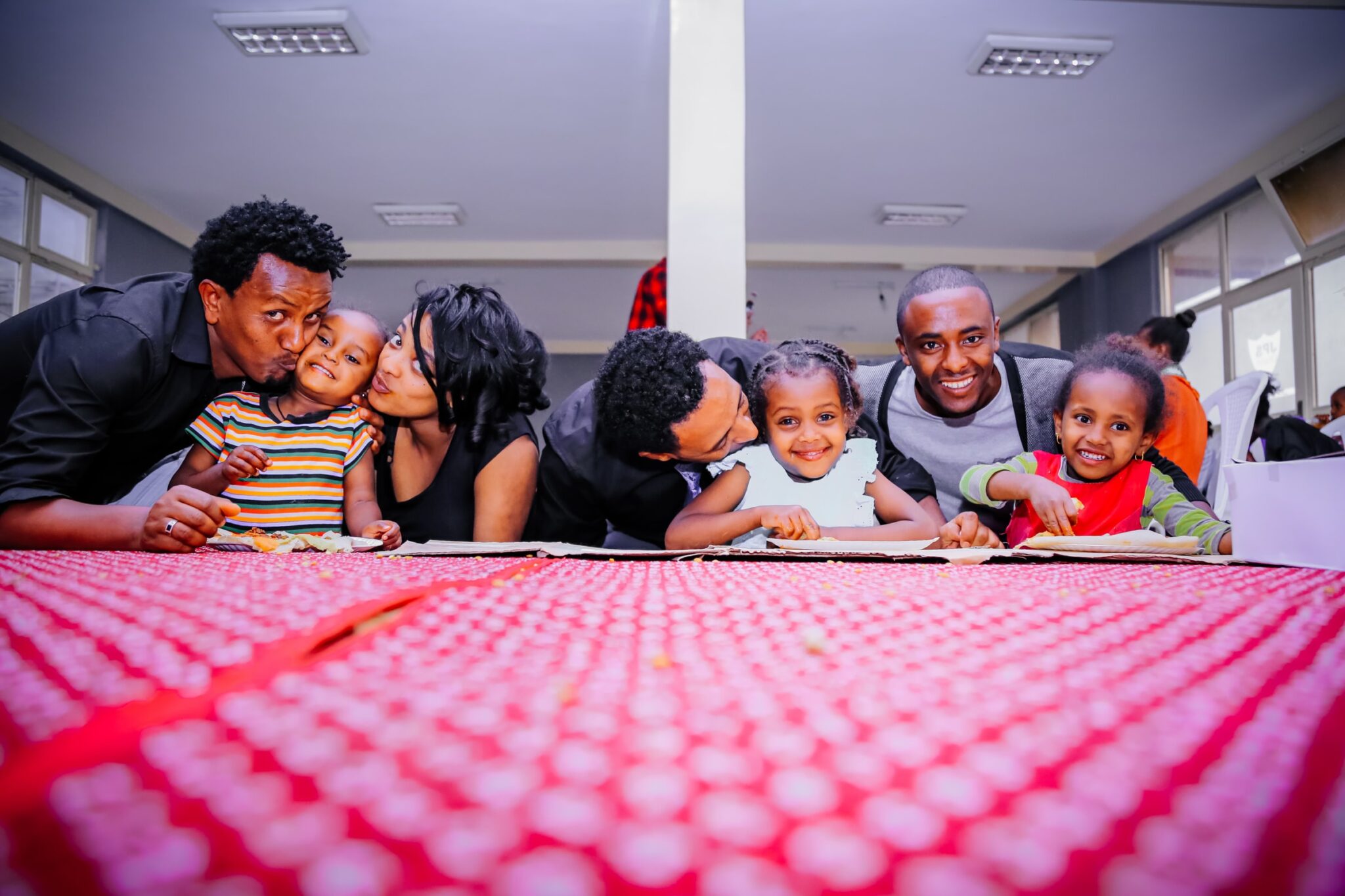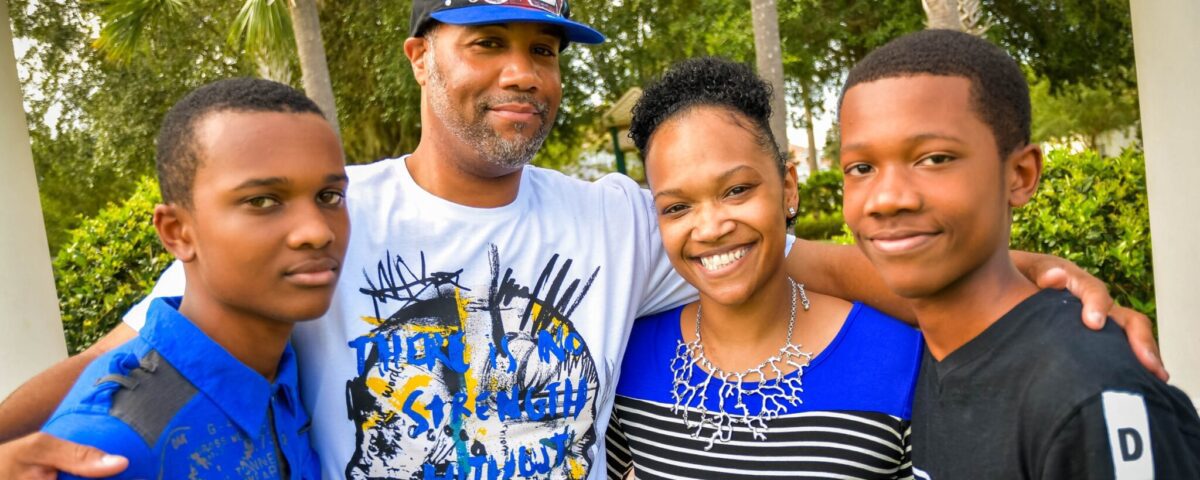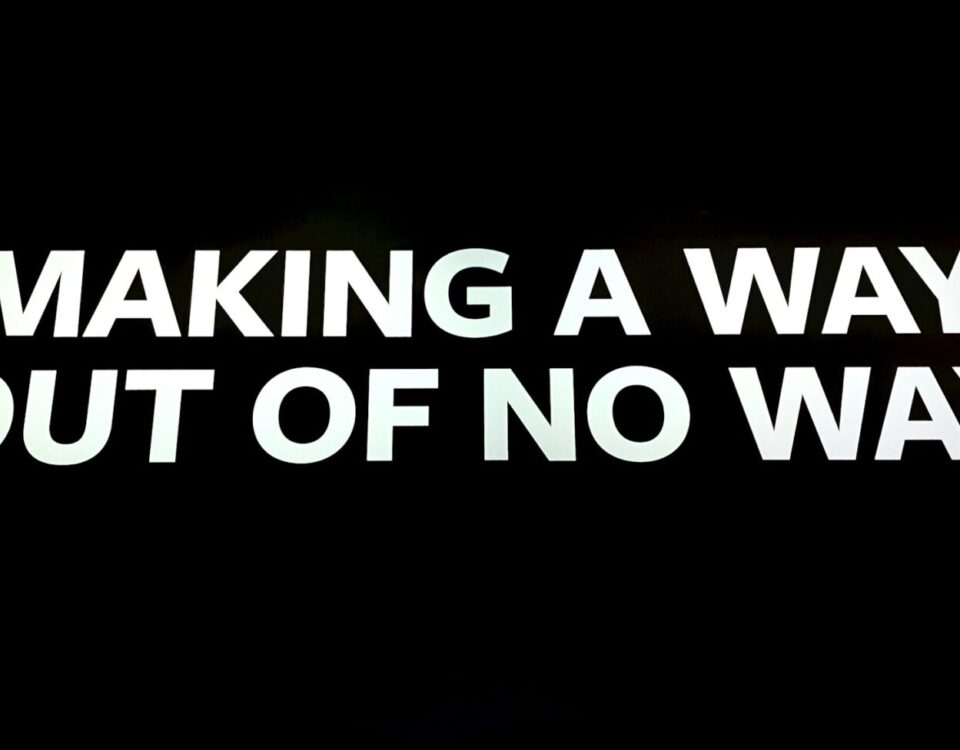
Genetic Connections
September 29, 2021
Chosen Family
October 13, 2021This post is part of a series exploring how our various relationships affect our resilience. Check out other posts in the series: Resilience in Relationship, Connecting to Our Past Selves, Casual Connections, Connecting with Nature, and Genetic Connections.
Family of origin – the people that raised you. This includes your parents and the people who had a strong impact on your early childhood. From birth to grade school these people create your universe. As a preschooler, you didn’t have the cognitive ability to compare and contrast. You had limited life experience. Therefore, whatever life looked like up until the age of 5 or so was your idea of “normal”. In fact, in a very profound way, it defined normal.

In one of the workshops I teach, we discuss a child’s awareness of different ways to live and when they can recall noticing that different houses had different rules. Most people say that somewhere between ages 7 and 10 was when they noticed that different households run differently. Common differences people noted: some kids have bedtimes, some don’t; some parents let kids eat whenever they want, others must ask permission for anything they eat; some kids have tv’s in their room, others don’t. One woman said, “I was amazed that my friend was allowed to touch the walls in her house. I ran my hand down the wall while her mother was looking and was shocked that nothing was said.”
Other comments center around resilience. One woman said she was at a friend’s house and her friend asked her mom, “why?” She waited for her friend to be smacked, instead the mom explained her rule. She started to notice that other kids could ask their parents questions, and get answers. They could even ask challenging questions like “why can’t I?” Others shared that they didn’t realize that their parents were … abusive, addicted, a hoarder, emotionally absent… until they were old enough to compare their home to a friends or relatives. Another woman realized her aunt had a saying, “these things happen” that popped up whenever someone made a mistake or didn’t do well at something. It was okay to not do well, and to start over or try again.
Your idea of how resilient you can be, or indeed the range of possibility for resilience, was initially defined by your family of origin.
These early relationships teach us about resilience both directly and indirectly. Our parents and other early influences model resilience. How did they handle setbacks and difficult times? As we become adults we usually act like our family of origin. Why? Because it is exhausting to do otherwise. In order to adult differently than our family of origin, we have to first be aware of what we are doing and what model we are following. Then we need consider other options and try on behavior that at first feels awkward. The simplest behavior takes time to change. I have lived in a lot of houses; there is always a room or two which has the light switch in what feels to me an awkward place. For months I walk into a room and flip on a non-existent switch before I correct and reach for the actual switch.
What are the messages you received about resilience from your family of origin? Most of us have received a mix of helpful and not helpful messages. Being intentional about evaluating these messages allows you to keep what works and decide where to make changes. As you build new skills, it makes sense to go easy on yourself. Your brain will fall back into the “old way” because change is hard. One way to be resilient is to acknowledge that setbacks are part of the process.
As we work to expand our own resilience, it is helpful to look at our family of origin. What did they do or say about being resilient? How do we recover from negative events? What do we use to get through hard times? Is recovery possible? Are mistakes acceptable? How do we ask for help? Do we ask for help? Exploring these messages allows us to consider our foundational beliefs. From there we can decide which are helpful to us now and which we want to change.
Meanwhile – stay connected!
Share this post with a friend, say hi on the Facebook page or send an email to resilience@LearnModelTeach.com
Peace,
Laura A. Gaines





